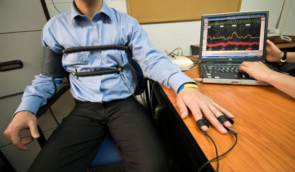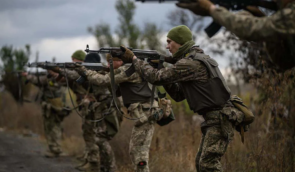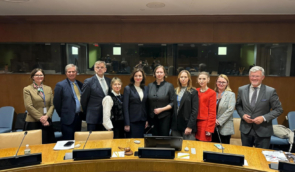Cases of deportation occurred in 2014, but the world did not pay attention to it – Alena Lunova
On November 21, 2024, within the framework of the Second international conference Crimea Global. “Understanding Ukraine through the South”, the Ombudsman’s Office initiated a roundtable discussion “Erased Borders: Deportation and Struggle for the Right to Identity in Crimea” was held. The speakers of the event were Dmytro Lubinets, Ukrainian Parliament Commissioner for Human Rights, Alena Lunova, Advocacy Director of the Human Rights Centre ZMINA, Daria Kasianova, Head of the Board of the Ukrainian Child Rights Network, Iryna Tuliakova, Head of the Coordination Centre for Family Upbringing and Child Care Development, and Valeriia Sydorova, a child who was returned after being forcibly displaced to the occupied Crimea.
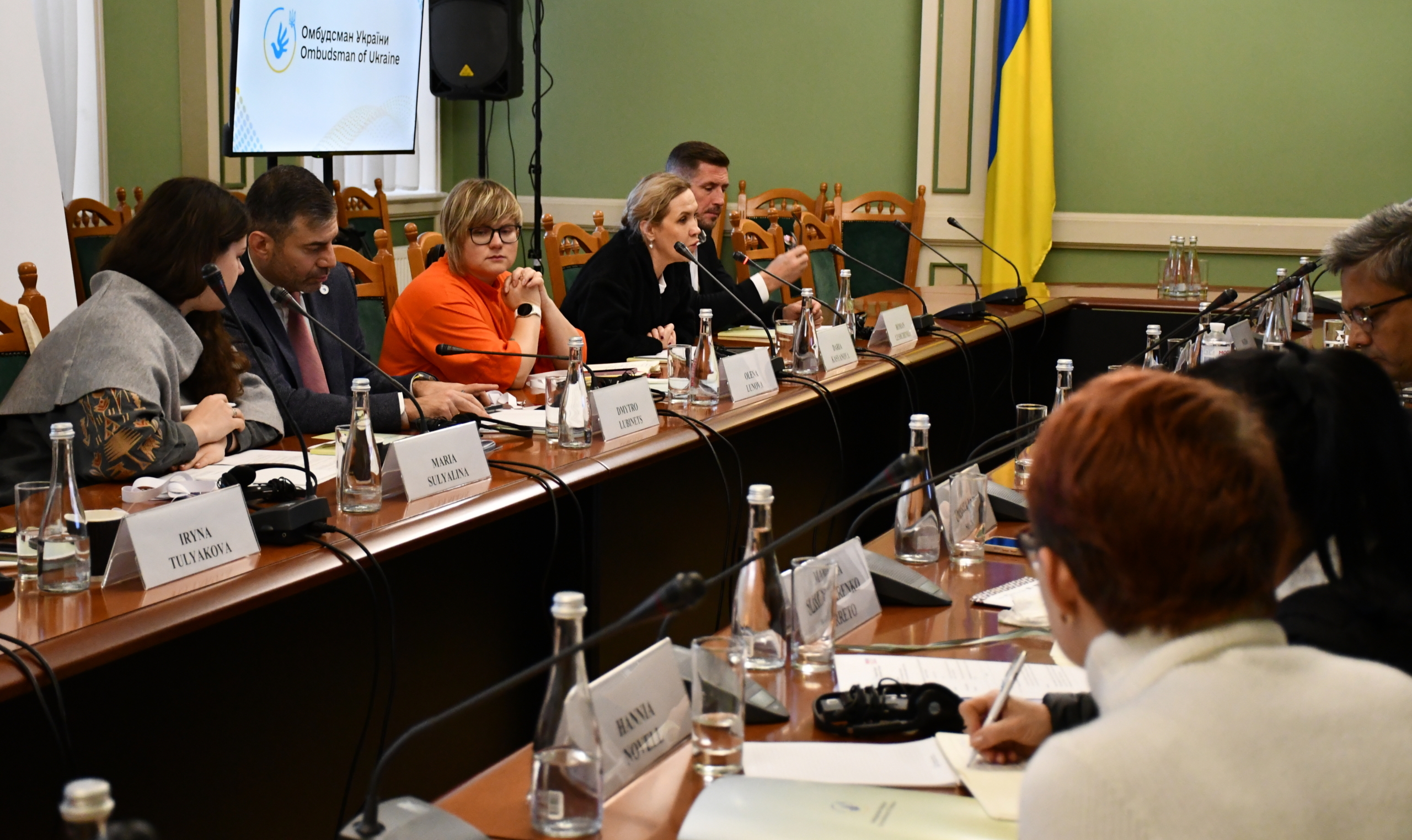
Dmytro Lubinets said that Russia has been deporting Ukrainian children since 2014, and as of November 21 this year, 19,546 children have been deported.
“There are one and a half million Ukrainian children living in the temporarily occupied territories, and we do not know how many of them have been deported. But Russia does it every day. In addition to deportations, the Russian Federation is carrying out the so-called identity replacement: children are pressured to use the Russian language and identify themselves as Russians. This is one of the signs of genocide. This is why the international court issued two arrest warrants for Vladimir Putin and the Russian Children’s Ombudsman,” said Lubinets
During the conference, Alena Lunova spoke about the role of educational, informational and passport tools in changing the minds of children in the occupied territories. She stressed that since 2014, Crimea has become a platform for testing the mechanisms of militarisation of the occupied territories.
“Russia is weaponising education and culture, using passportisation to subjugate the civilian population under occupation. Russian military organisations exist to use Ukrainian children in the war against Ukraine in the future. The policies that Russia used in Crimea are now being extended to other occupied territories: imposed citizenship, militarisation, cultural policy of Russification, etc. There were cases of deportation in 2014, but we and the world did not pay attention to it. We need to learn these lessons, to study the mechanisms and policies of the RF,” Lunova said.
She also stressed that today, Russians are already re-educating Ukrainian children in the temporarily occupied territories through a network of formal and non-formal education institutions and military organisations.
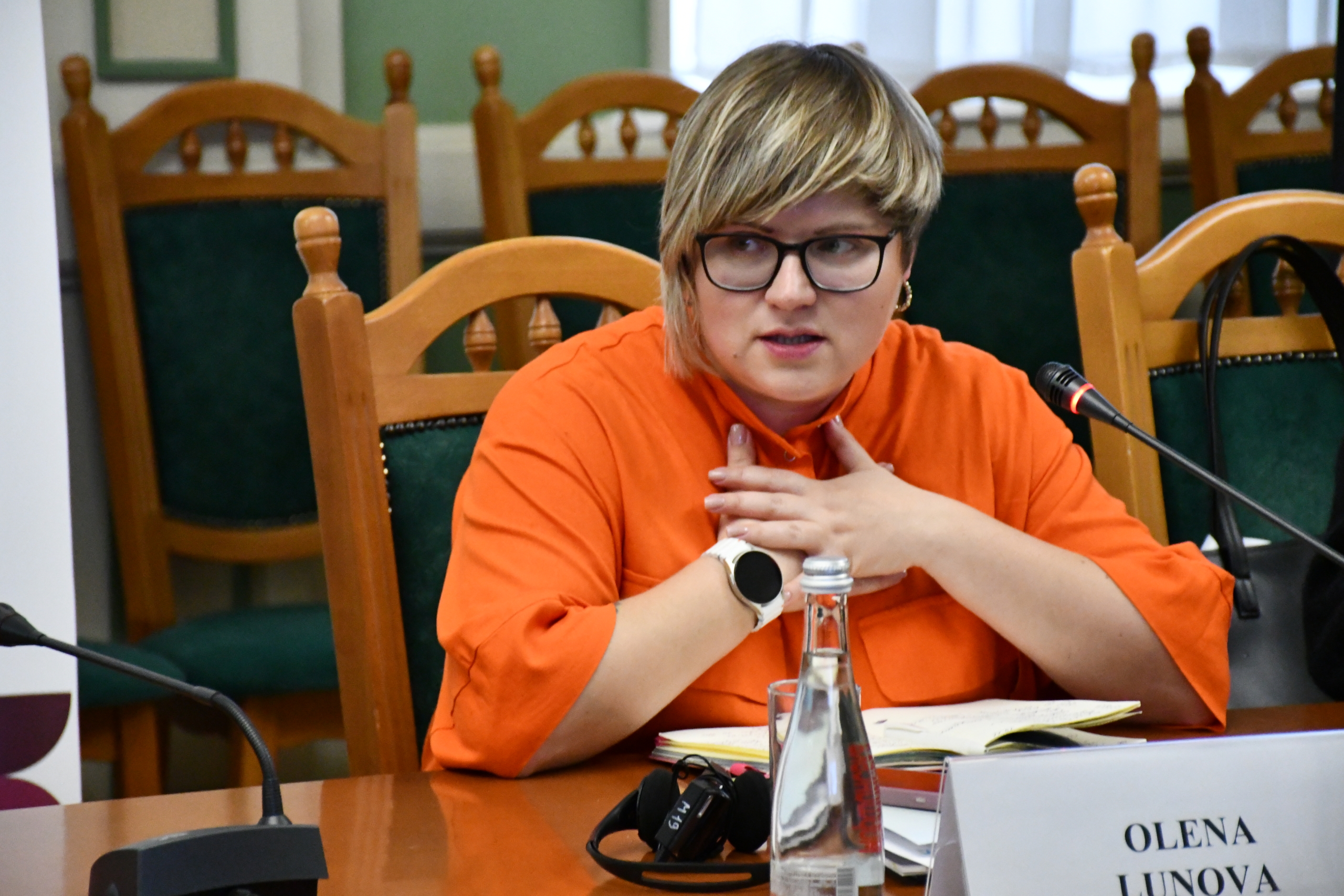 Alena Lunova
Alena LunovaDaria Kasianova said that in March 2022, she received the first appeal from the adoptive parents from Mariupol, when 12 children were abducted by Russians from a sanatorium. In April, one of the boys got in touch and said that they were in occupied Donetsk and were being prepared to be sent to Russia. Only in June 2022, Ukraine managed to get these children back.
“As of today, we have returned 200 children, which is not much, but I want to talk about the role of Crimea. Starting in 2014, many families were offered to move to the occupied Crimea from Donetsk and Luhansk regions because it was supposedly safer there. However, in August 2014, we learned that these children were taken to the territory of Russia, their documents were taken away, and they had no way to return. Also, in 2014, there were 4,000 children in boarding schools in Crimea and Sevastopol, and we cannot return them either, despite the fact that some of them have relatives in the government-controlled territory of Ukraine,” said Daria Kasianova.
Valeriia Sydorova, a child who was returned after being forcibly displaced to occupied Crimea, told how, after February 24, 2022, she was taken from Nova Kakhovka to the occupied peninsula as a minor and spent some time in one of the “re-education camps”.
“Eight months after the occupation, the Russians got very comfortable in our city. They brought their administration from Crimea, appointed their mayor and announced an evacuation. The school principal, a collaborator who was in charge of education in our town, called all the parents of our school and told them that everyone had to gather with their belongings and documents in the town square because the children would be taken to Crimea for two weeks, because it was supposedly safer there. The next day, more than 500 children gathered on the square. We were loaded onto 14 buses, each with a soldier, and taken to Crimea. There, we were put in a camp where we met other children from the occupied settlements of Kherson region… In this camp, we were forced to sing the Russian anthem and attend all the events organised by the Russians,” said Valeriia Sydorova.
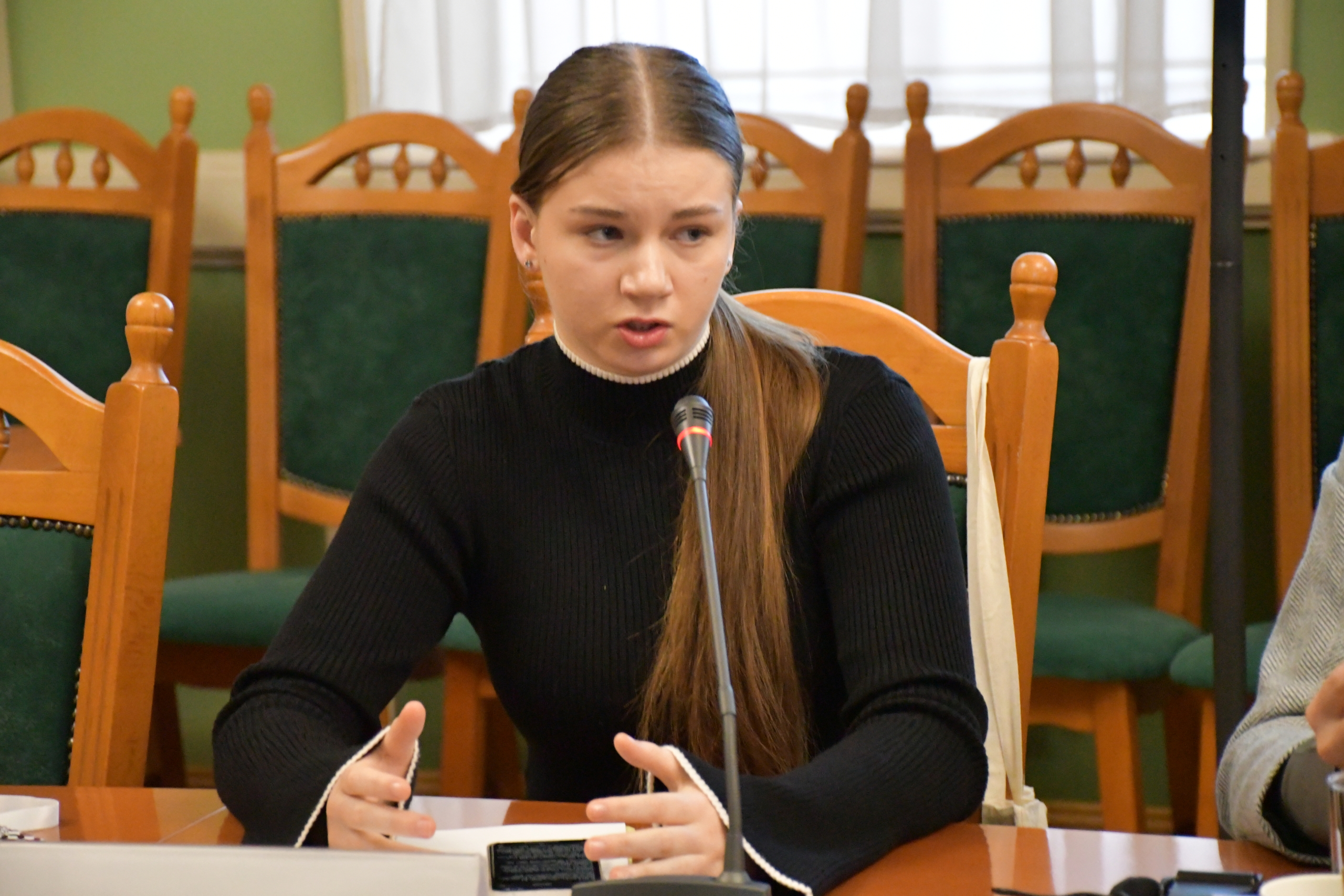 Valeriia Sydorova
Valeriia SydorovaThe participants of the discussion mentioned the state programme for the return of children Bring Kids Back UA and stressed that the state, with the support of the international community, should make every effort to return deported Ukrainian children home. They also mentioned the Strategy for the Cognitive De-occupation of Crimea, in which the Mission of the President of Ukraine in the Autonomous Republic of Crimea and other stakeholders developed mechanisms for the return of residents of the occupied territories to the Ukrainian informational and cultural environment after de-occupation.
If you have found a spelling error, please, notify us by selecting that text and pressing Ctrl+Enter.



